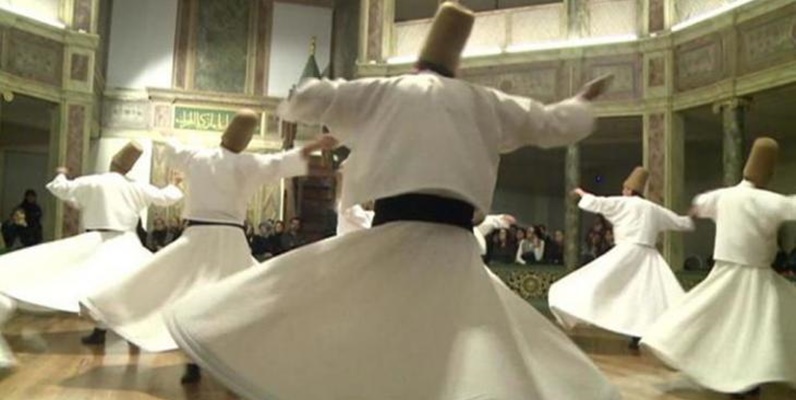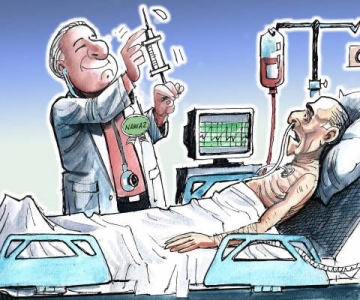Read this great blog and was tempted to cross-post a few bits here:
Every year, a few hundred thousand Sufis converge in Seh- wan, a town in Pakistan’s southeastern Sindh province, for a three-day festival marking the death of Lal Shahbaz Qalandar, in 1274. Qalandar, as he is almost universally called, belonged to a cast of mystics who consolidated Islam’s hold on this region; today, Pakistan’s two most populous provinces, Sindh and Punjab, comprise a dense archipelago of shrines devoted to these men. Sufis travel from one shrine to another for festivals known as urs, an Arabic word for “marriage,” symbolizing the union between Sufis and the divine.
Sufism is not a sect, like Shiism or Sunnism, but rather the mystical side of Islam—a personal, experiential approach to Allah, which contrasts with the prescriptive, doctrinal approach of fundamentalists like the Taliban. It exists throughout the Muslim world (perhaps most visibly in Turkey, where whirling dervishes represent a strain of Sufism), and its millions of followers generally embrace Islam as a religious experience, not a social or political one. Sufis represent the strongest indigenous force against Islamic fundamentalism. Yet Western countries have tended to underestimate their importance even as the West has spent, since 2001, millions of dollars on interfaith dialogues, public diplomacy campaigns and other initiatives to counter extremism. Sufis are particularly significant in Pakistan, where Taliban-inspired gangs threaten the prevailing social, political and religious order.
Pakistan, carved out of India in 1947, was the first modern nation founded on the basis of religious identity. Questions about that identity have provoked dissent and violence ever since. Was Pakistan to be a state for Muslims, governed by civilian institutions and secular laws? Or an Islamic state, governed by clerics according to sharia, or Islamic law? Sufis, with their ecumenical beliefs, typically favor the former, while the Taliban, in their fight to establish an extreme orthodoxy, seek the latter. The Taliban have antiaircraft weapons, rocket-propelled grenades and squads of suicide bombers. But the Sufis have drums. And history.



